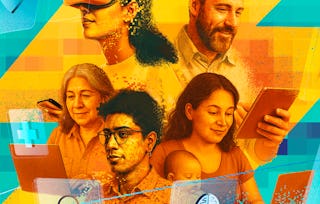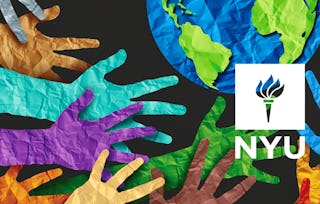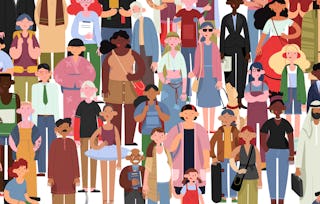Human rights are under pressure in many places across the globe. Peaceful protests are violently quashed. Voting is tampered with. And minorities are often excluded from decision-making. All of this threatens the ideal of an open society in which each of us can be free and participate equally. A solid protection of human rights is needed for an open society to exist and to flourish. But it is often an uphill battle to work towards that ideal. Equip yourself and learn more about what human rights are and how they work.
Human Rights for Open Societies

623 reviews
Details to know
See how employees at top companies are mastering in-demand skills

There are 6 modules in this course
Instructors



Offered by
Explore more from Law
 Status: Preview
Status: PreviewUniversity of Geneva
 Status: Free
Status: FreeUniversidad de los Andes
 Status: Free
Status: FreeNew York University
 Status: Preview
Status: PreviewUniversity of London
Why people choose Coursera for their career

Felipe M.

Jennifer J.

Larry W.

Chaitanya A.
Learner reviews
- 5 stars
84.43%
- 4 stars
11.71%
- 3 stars
2.24%
- 2 stars
0.64%
- 1 star
0.96%
Showing 3 of 623
Reviewed on Mar 19, 2017
I really like this subject, it comprehend my knowledge especially about human rights. Thank you.
Reviewed on May 7, 2020
Through these course I came to learn a lot of important things and got a lot of knowledge about ECHR.
Reviewed on Sep 3, 2019
very comprehensive and the professors talk very cleary, easy to understand!Love from Vietnam - Cảm Ơn

Open new doors with Coursera Plus
Unlimited access to 10,000+ world-class courses, hands-on projects, and job-ready certificate programs - all included in your subscription
Advance your career with an online degree
Earn a degree from world-class universities - 100% online
Join over 3,400 global companies that choose Coursera for Business
Upskill your employees to excel in the digital economy
¹ Some assignments in this course are AI-graded. For these assignments, your data will be used in accordance with Coursera's Privacy Notice.